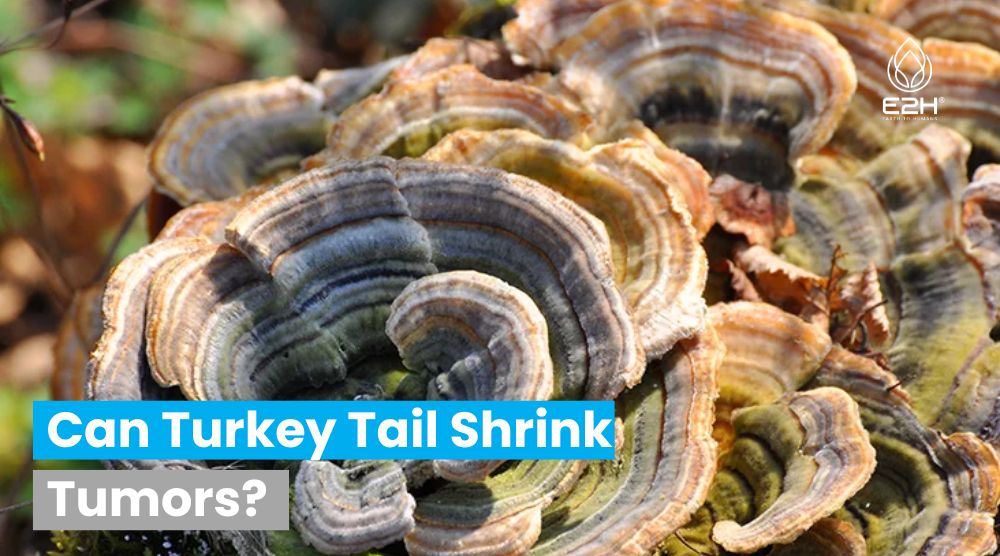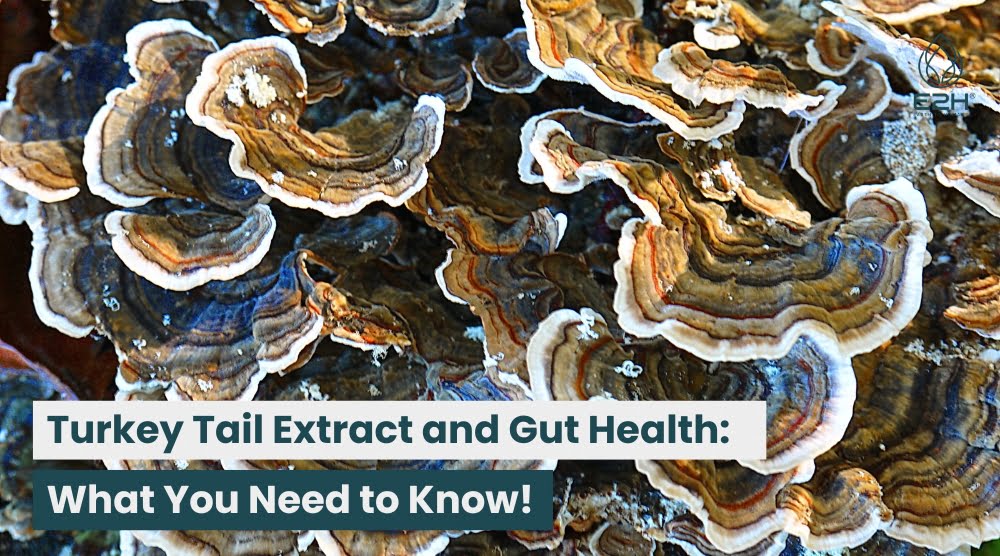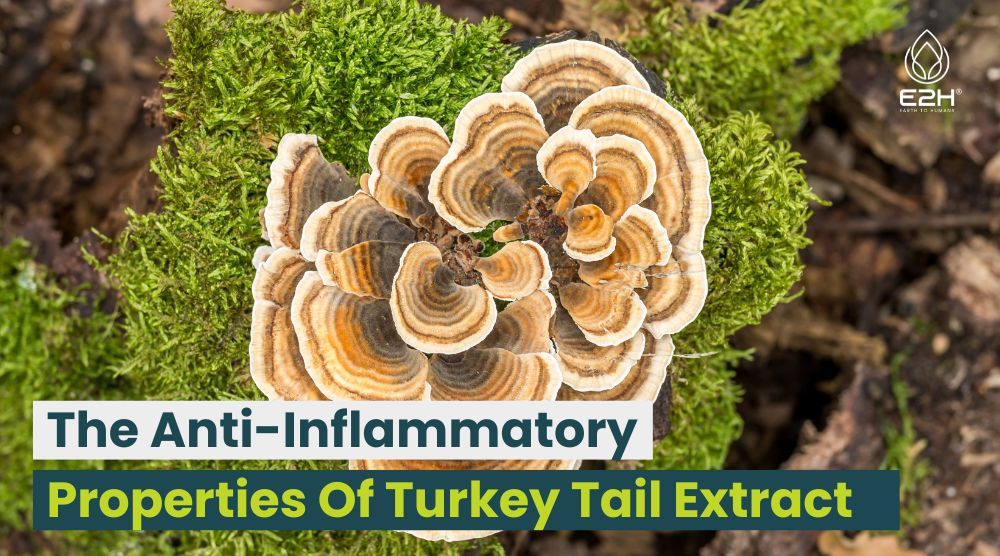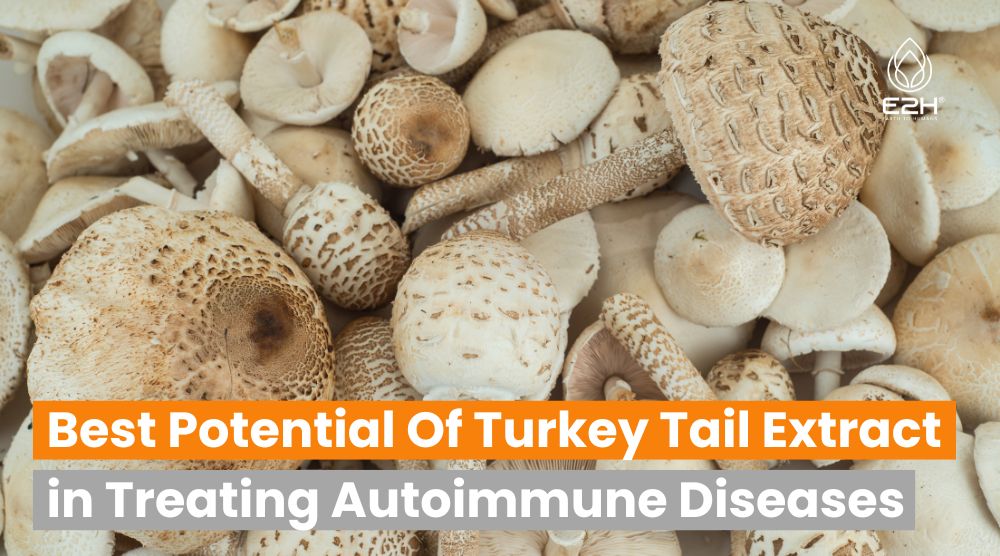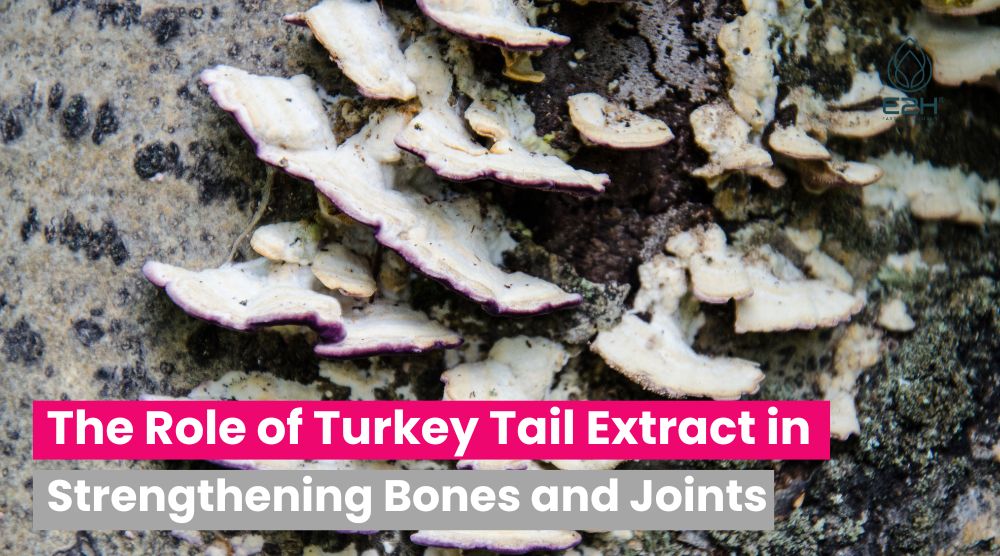Can Turkey Tail Shrink Tumors: While there is some evidence suggesting that Turkey Tail may have the potential to shrink tumors, further research is needed to fully understand its effectiveness as a tumor-shrinking treatment.
Understanding Turkey Tail
Turkey Tail, scientifically known as Trametes versicolor, is a polypore mushroom that resembles the colorful feathers of a wild turkey, hence its name. It has been used in traditional Chinese medicine for centuries due to its immune-boosting properties. This mushroom contains several bioactive compounds, including polysaccharopeptides, beta-glucans, and triterpenoids, which are believed to contribute to its therapeutic effects.
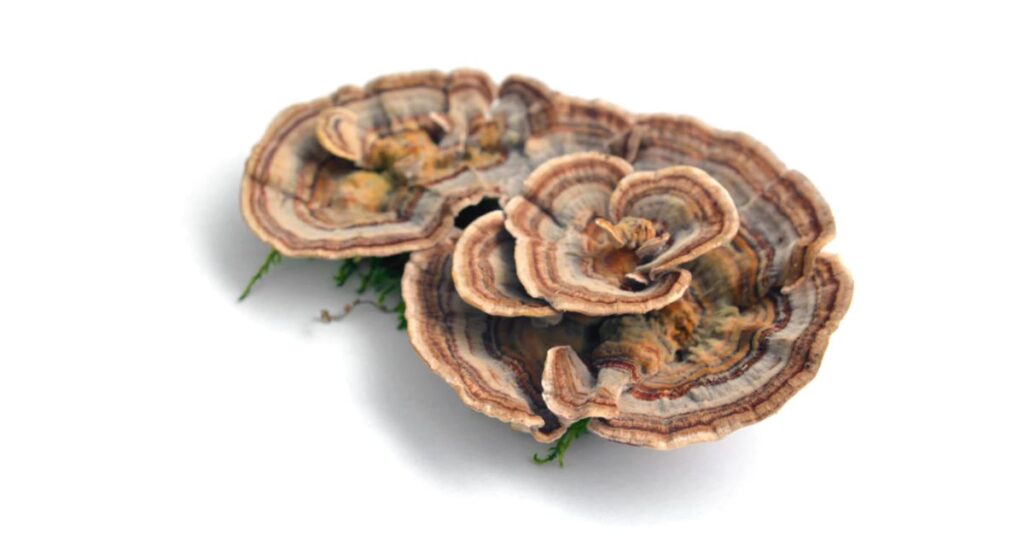
The Link Between Turkey Tail and Cancer
Research suggests that Turkey Tail Mushroom may have anti-cancer properties. Its polysaccharopeptides and beta-glucans are known to modulate the immune system, enhancing its ability to recognize and destroy cancer cells. Furthermore, Turkey Tail exhibits antioxidant and anti-inflammatory properties, which can help protect healthy cells from oxidative damage and reduce inflammation, both of which are associated with cancer development and progression.
Turkey Tail’s Potential Benefits
Aside health benefits due from its immune-enhancing properties, Turkey Tail has shown promise in various areas related to cancer treatment and prevention. It has been studied for its potential to improve the effectiveness of chemotherapy and radiation therapy while reducing their side effects. Additionally, Turkey Tail may help alleviate the symptoms experienced by cancer patients, such as fatigue, nausea, and weakened immune function.
Clinical Studies and Findings
Several other clinical trial studies have investigated the effects of Turkey Tail on cancer treatment and overall health. One notable study conducted in Asia followed breast cancer patients undergoing conventional treatment. The results indicated that those who consumed Turkey Tail extract alongside their treatment showed improved survival rates and a reduced risk of recurrence compared to those who did not.
Similarly, a study involving patients with colorectal cancer found that Turkey Tail supplementation enhanced the immune response to colon cancer and reduced tumor size. While these findings are promising, it’s important to note that more extensive research is still required to confirm the effectiveness of Turkey Tail as a standalone treatment for cancer.
How Turkey Tail May Shrink Tumors?
The potential mechanisms by which Turkey Tail may help to kill cancer cells shrink tumors are multifaceted. Firstly, its immune-enhancing properties may strengthen the body’s natural defenses against cancer cells, inhibiting their growth and spread. Moreover, Turkey Tail’s ability to reduce inflammation and oxidative stress may create an unfavorable environment for tumor development and progression.
Furthermore, some studies suggest that Turkey Tail can induce apoptosis, a process of programmed cell death, in cancer cells. By promoting cell death in tumor cells, Turkey Tail may contribute to the reduction in tumor size and overall tumor burden lung cancer.
Other Considerations
While Turkey Tail shows promise in cancer treatment and prevention, it’s crucial to approach it as a complementary therapy rather than a substitute for conventional medical and traditional cancer treatments alone. Consultation with a healthcare professional is essential before incorporating Turkey Tail into a cancer treatment plan. Additionally, the quality and dosage of Turkey Tail supplements can vary, so it’s important to choose reliable sources and follow recommended guidelines.
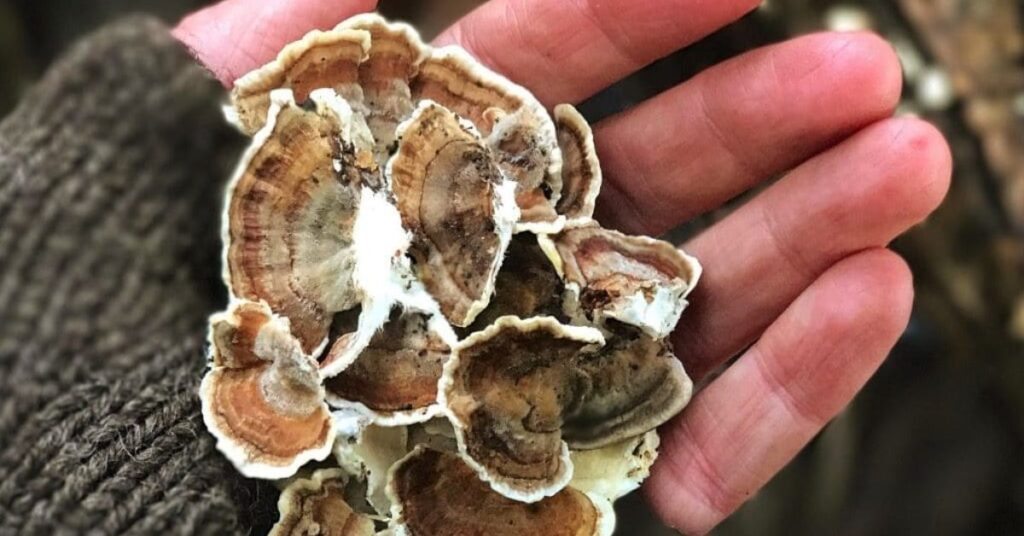
How much turkey tail mushroom should I take for cancer?
The optimal dosage of turkey tail for cancer treatment has not been firmly established. However, studies have used doses ranging from 3 to 9 grams of turkey tail extract per day. It is important to consult with a healthcare professional experienced in integrative medicine to determine the appropriate dosage of turkey tail mushrooms for your specific condition, taking into account factors such as your overall health, cancer type, and other ongoing treatments.
What types of cancer does turkey tail help?
Turkey tail has shown potential benefits for various types of cancer, including breast, colorectal, prostate, and gastric cancer. Its immune-modulating properties and ability to enhance the body’s natural defenses against cancer cells may have a broad-spectrum effect treat cancer itself. However, further research is needed to establish its effectiveness in treating specific cancer types and to determine the most suitable combinations with conventional therapies.
What are the potential benefits of turkey tail mushroom for cancer treatment?
Turkey tail mushroom has shown potential benefits for cancer treatment. Its immune-modulating properties can enhance the body’s immune response against cancer cells. It may help inhibit tumor growth and metastasis colon cancer cells through mechanisms like apoptosis and the modulation of inflammatory pathways.
Turkey tail mushroom has been studied for its potential to improve the effectiveness of conventional cancer treatments like chemotherapy and radiation therapy while reducing their side effects. It may also alleviate symptoms experienced by cancer patients, such as fatigue and weakened immune function. However, further research is needed to fully understand and validate these potential benefits.
What were the stages of breast cancer that the women in the study had?
The stages of breast cancer in the study involving turkey tail mushroom may vary depending on the specific research study referenced. Clinical trials and studies often include participants at different stages of breast cancer, ranging from early-stage (such as stage I or II) to advanced-stage (such as stage III or IV). The goal is to assess the effects of turkey tail mushroom supplementation or extract in a diverse group of breast cancer patients. The findings of these studies aim to provide insights into the potential benefits and outcomes for individuals at different stages of breast cancer.
What is the best mushroom to fight cancer?
While many mushrooms have shown potential anti-cancer properties, the best mushroom to fight cancer is difficult to determine definitively. However, certain mushrooms have gained attention for their potential therapeutic effects, such medicinal mushrooms such as turkey tail, reishi, maitake, and shiitake mushrooms.
These mushrooms contain bioactive compounds that exhibit anti-inflammatory, immune-enhancing, and antioxidant properties, which may contribute to their anti-cancer effects. Incorporating a variety of mushrooms into a well-balanced diet can be a beneficial strategy to support overall health and potentially assist in cancer management.
How long does it take for turkey tail mushrooms to work?
The timeframe for observing the effects of turkey tail mushroom can vary depending on factors such as the individual’s overall health, cancer type and stage, and the specific treatment protocol. It is important to note that turkey tail mushroom powder is not a quick-fix solution, and its effects may take time to manifest.
In clinical studies, the duration of treatment has ranged from several weeks to several months. Consistency in usage and adherence to recommended dosage are crucial. It is recommended to consult with healthcare professionals to monitor progress and determine the appropriate timeframe for observing potential benefits.
Mushrooms helping to cure cancer?
FAQs
Can Turkey Tail be used as conventional cancer treatment as a primary treatment for cancer?
While Turkey Tail shows promise in cancer treatment, it should be approached as a complementary therapy rather than a standalone, traditional cancer treatment alone. Consultation with healthcare professionals is crucial to determine the most suitable treatment options.
Are there any side effects associated with Turkey Tail usage?
Turkey Tail is generally considered safe when consumed in moderate amounts. However, some individuals may experience mild gastrointestinal discomfort or allergic reactions. It’s important to follow recommended dosage guidelines and consult healthcare professionals before starting any new treatment.
Where can I find Turkey Tail supplements or extracts?
Turkey Tail supplements and extracts can be found in health food stores, pharmacies, and online retailers. When purchasing, ensure you choose reputable brands that provide high-quality products.
Conclusion
Turkey Tail, with its immune-modulating, anti-inflammatory, and antioxidant properties, holds potential as a complementary therapy for cancer. While scientific studies have shown encouraging results regarding its ability to shrink tumors, more extensive research is needed to establish its efficacy as a standalone treatment. As with any alternative medicine therapy, it’s essential to consult healthcare professionals and use Turkey Tail as part of a comprehensive cancer management plan.
